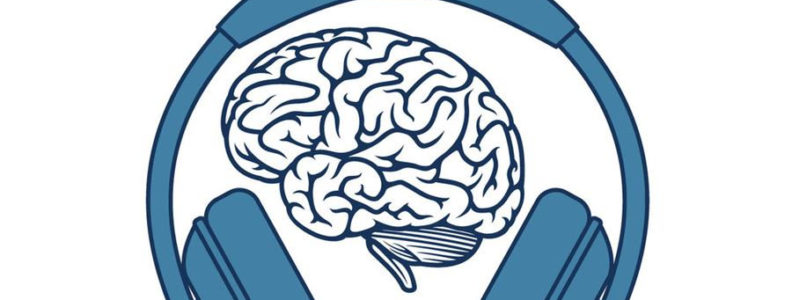In the unpredictable world of working in behavioral health, a solid strategic plan is essential for success. A strategic plan helps identify what an organization would like to accomplish and illuminates steps that must be taken to achieve those goals. Brown Consulting, Ltd. has been working with behavioral health providers co-creating strategic plans for 30 years. The following are the top three benefits of a successful strategic plan at a mental health organization:
1.) Improved organizational performance
One overarching benefit of strategic planning is that it contributes, in a quantifiable way, to improving overall organizational performance. As a result, the quality of services are enhanced. Job satisfaction increases because all staff members work toward setting priorities and matching ideas and resources to those priorities.
2.) Establishment of a uniform vision
Employees are the greatest source for innovative ideas. Another benefit of a strategic plan is that it brings all the minds of your organization together to establish a uniform vision. This clear communication of ideas allows for consensus on goals and plans to address them.
3.) Protection from risks
A strategic plan increases the ability of your organization to effectively deal with risks and stressors. Planning how to address difficult conditions before they arise allows organizations to be proactive instead of reactive.
A strategic plan is a necessary tool to help an organization thrive. We at Brown Consulting, Ltd. are behavioral health experts dedicated to helping behavioral health organizations succeed. Our strategic planning process is highly interactive with all levels of the organization and includes:
- Full review of the industry trends (national, state, and local)
- An organizational and operational analysis which includes evaluation of programs, product line, promotional/marketing strategies, and revenue sources
- A market competition analysis
- Strategic planning groups are conducted with various levels of the organization, including Board Members, Executive Leadership, Management, and Staff
- Customized timeline of planning process (typically last between three to six months)
Brown Consulting, Ltd., strategic planning services assists our clients in identifying, planning, developing, implementing, and monitoring strategic initiatives for future and continued success. Every organization is different. Every strategic plan requires a unique combination of effort and development. This is why, as consultants, we approach your organizational needs individually and guarantee your satisfaction.









